
Uromigos Live 2024
Advertisement
In part 3 of the session, the panel discusses the latest developments in treatments for papillary kidney cancer.
In the second part of the session, the panel highlights some of the most important recent developments in papillary RCC.
In part one of the session, the panelists dive into an in-depth exploration and debate on the results of SUNNIFORECAST.
In the final part of this session, the panel discusses the nuances of re-challenging patients with PD-1 therapies.
The panel discusses the use of immunotherapy, specifically PD-1 based therapies, in renal cell carcinoma.
Part two features a discussion on the timing and rationale behind conducting trials for re-challenging patients.
The panelists discuss the use of immune checkpoint inhibitors and re-challenging patients with PD-1/PD-L1 therapies.
The panelists examine the existing data for T cell engagers in CRPC and how the data might affect clinical practice.
The panelists discuss T cell engagers, including an introduction and discussion of cytokine release syndrome.
The panel discusses the emerging field of PSMA-targeted alpha radioligand therapy, with a focus on HK2.
The panel discusses the results of PEACE-3, which evaluated enzalutamide with or without radium-223 for MCRPC.
The panel discusses two significant trials in metastatic hormone-sensitive prostate cancer.
Part 2 of the Radioligands session from Uromigos Live 2024 features a discussion on the SPLASH results from ESMO 2024.
The first part of five segments from the Uromigos Live 2024 session on radioligands.
During the final part of this panel, novel ADCs are explored and analyzed for use in different settings.
During the fourth segment of this panel, novel ADCs including HER3, Nectin-4, and BT8009 are analyzed.
In the third part of this panel, the use of HER2 ADCs in bladder cancer is explored.
In the second segment of this panel, the use of sacituzumab govitecan monotherapy and combinations is discussed.
In the first part of this panel, the use and impact of enfortumab vedotin in the bladder cancer landscape is considered.
The panelists wrap up this peri-operative therapy session with what the envision for the future for sparing bladders.
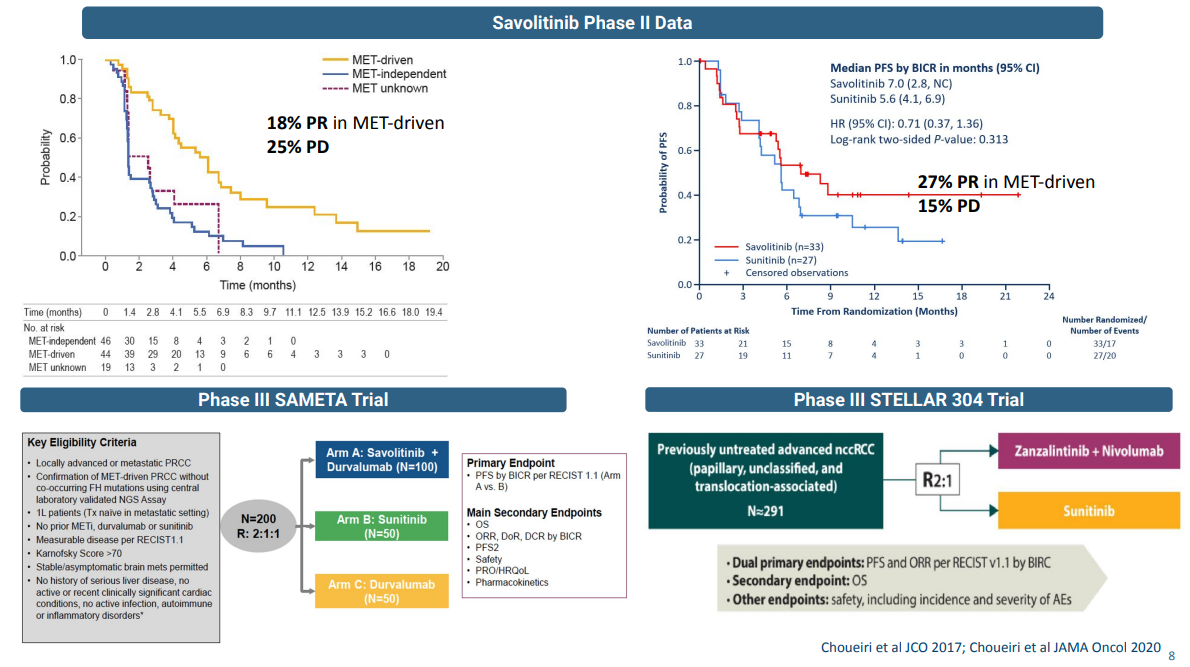
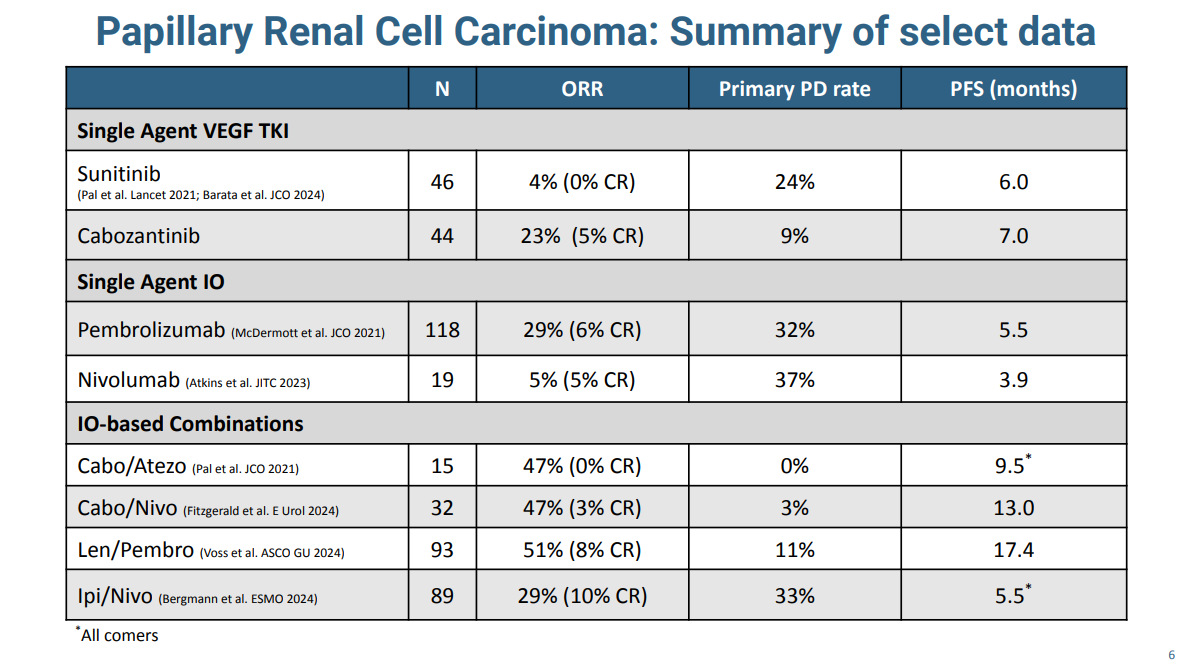
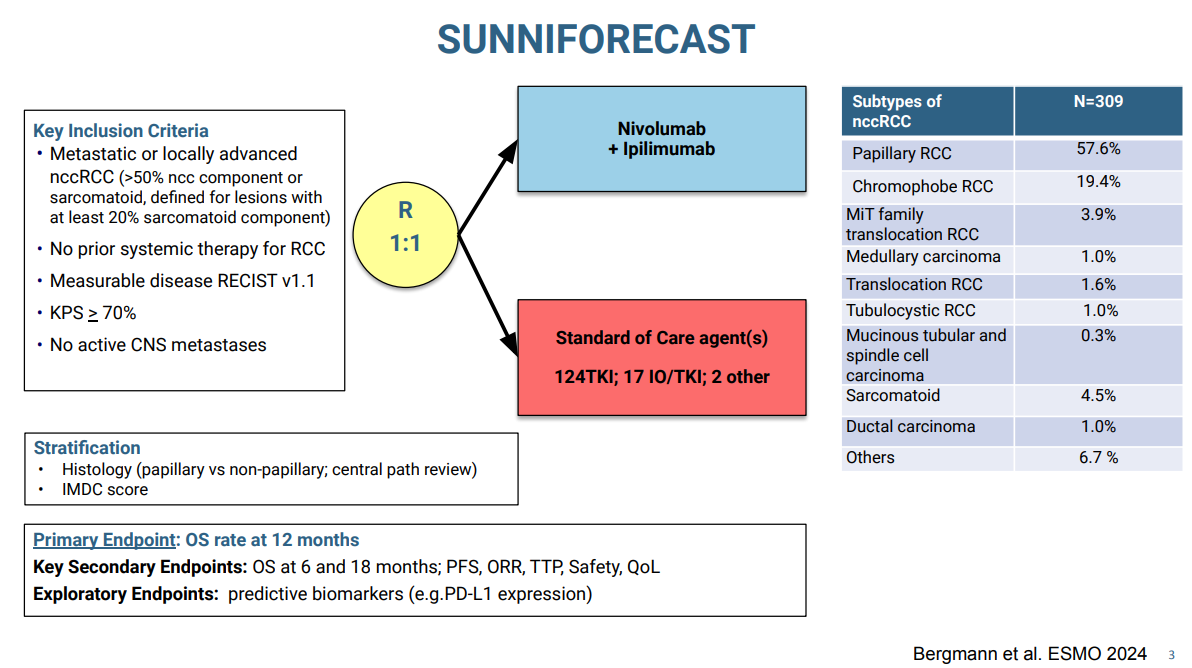
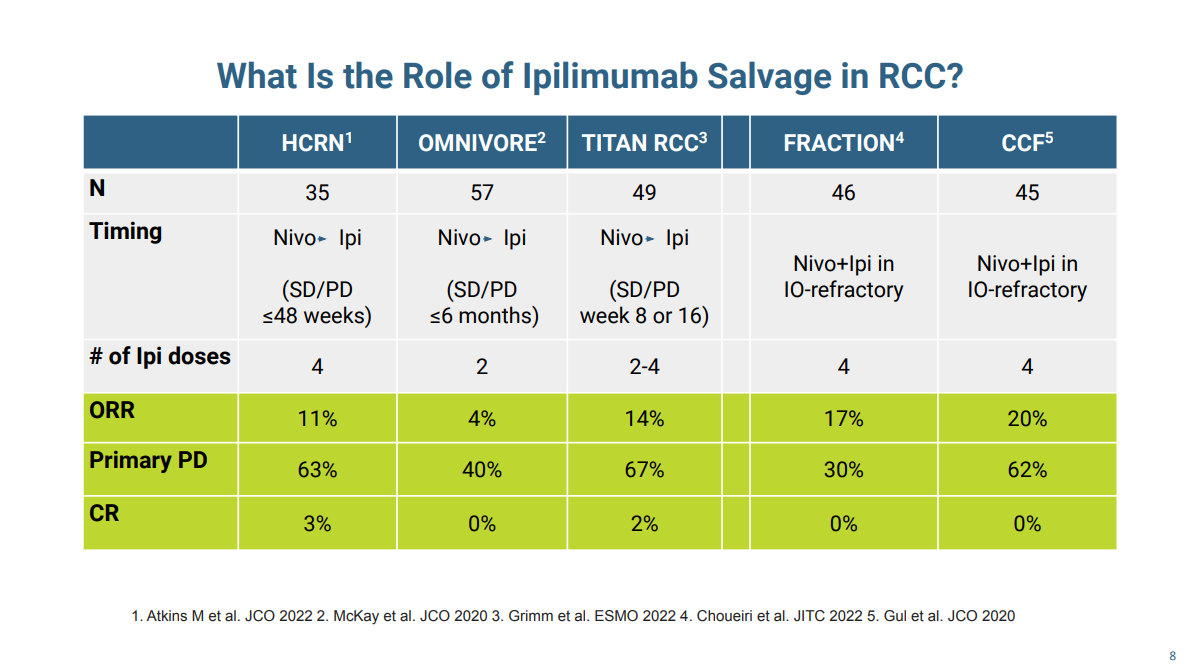
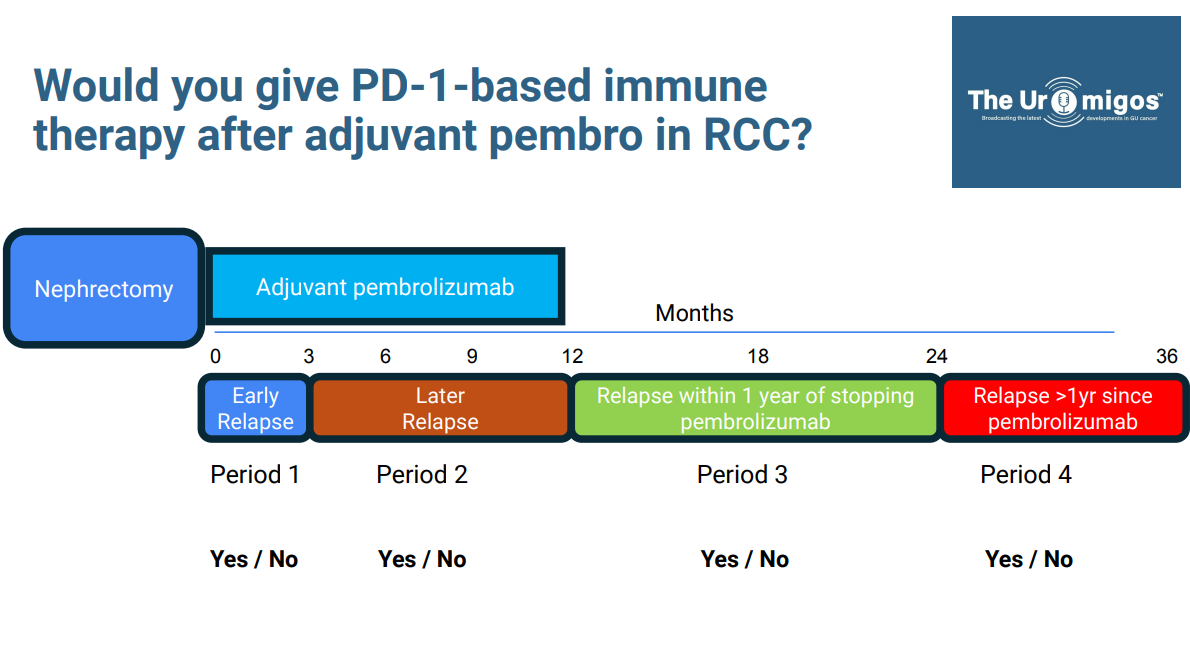
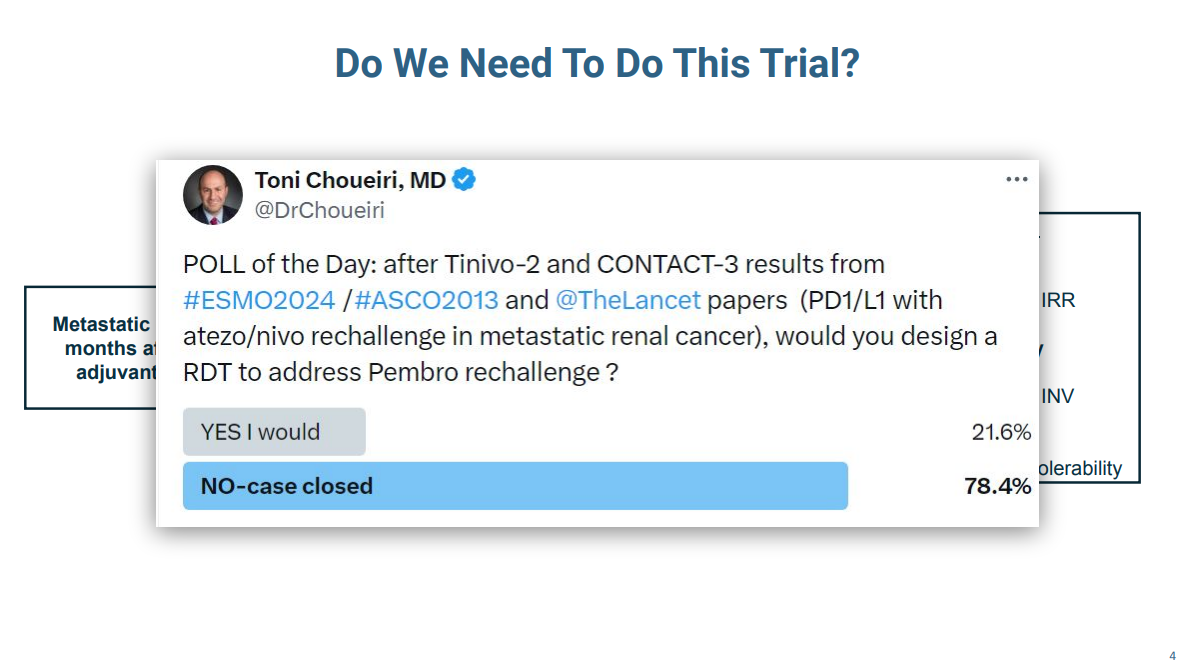
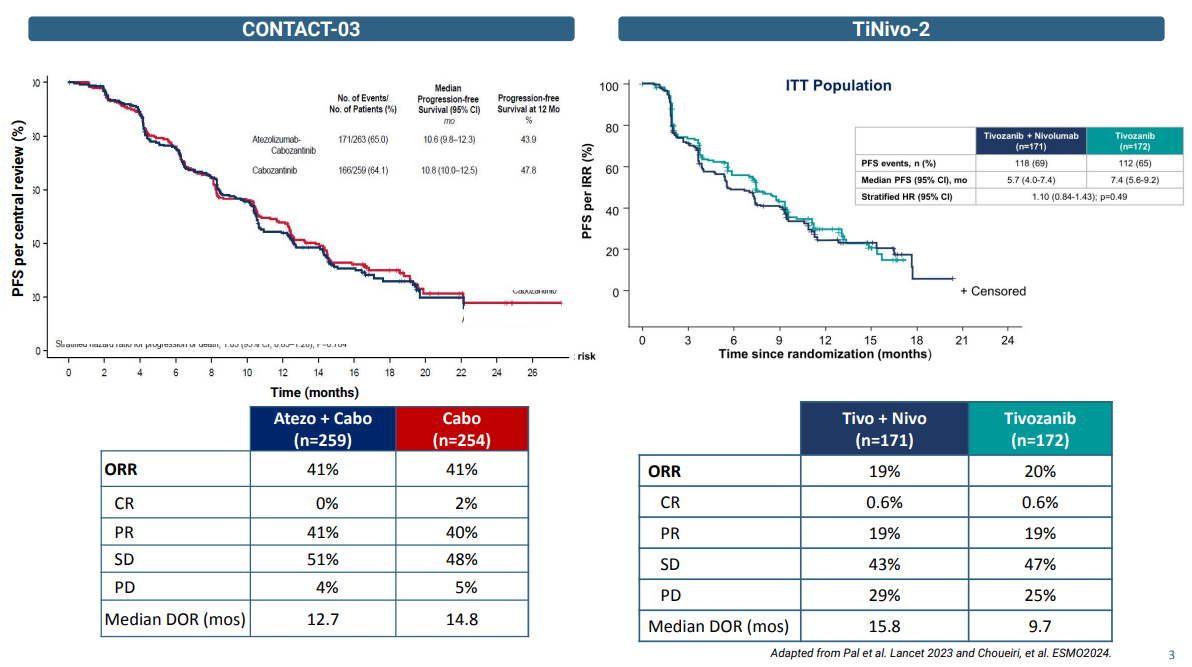
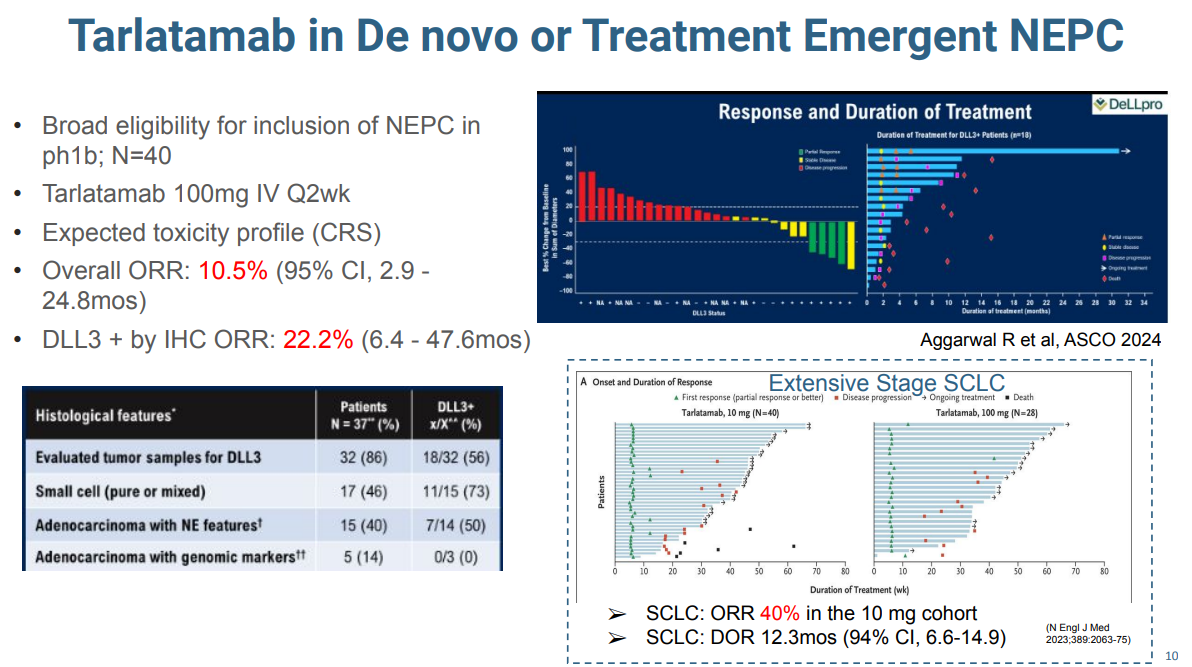
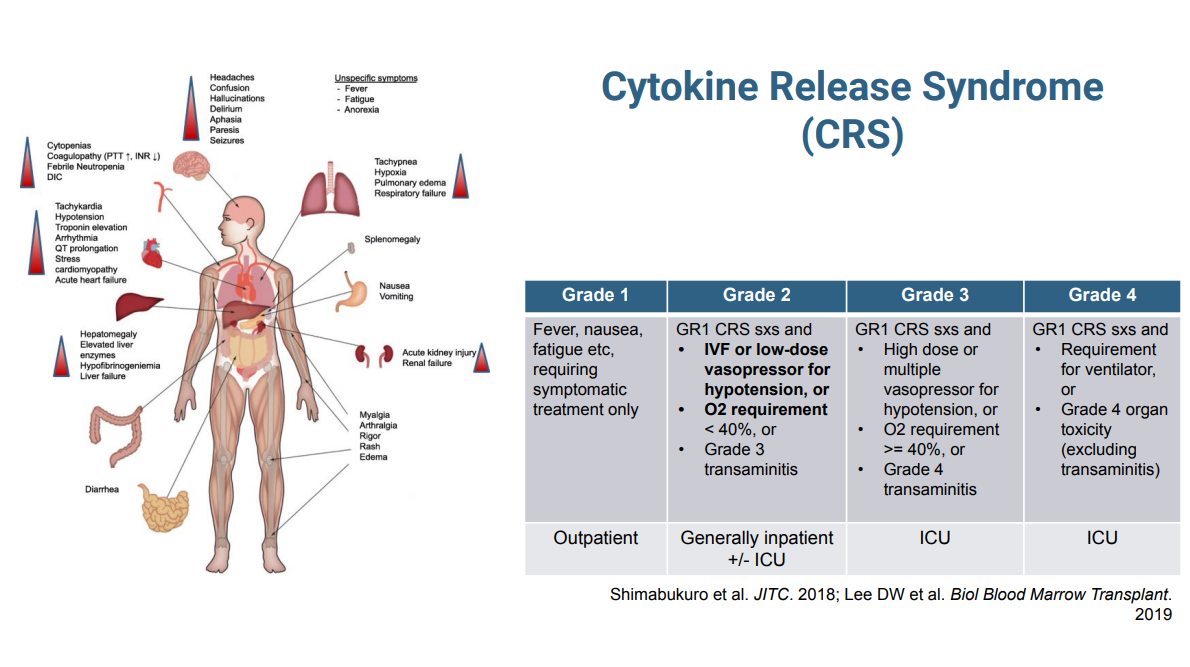
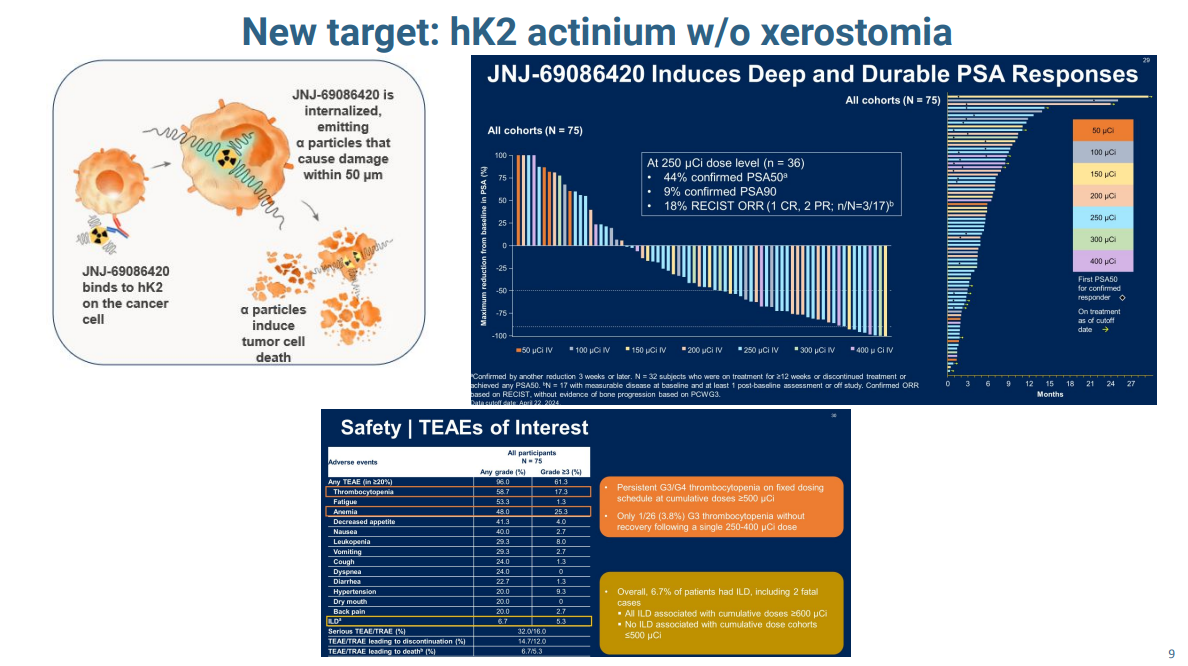
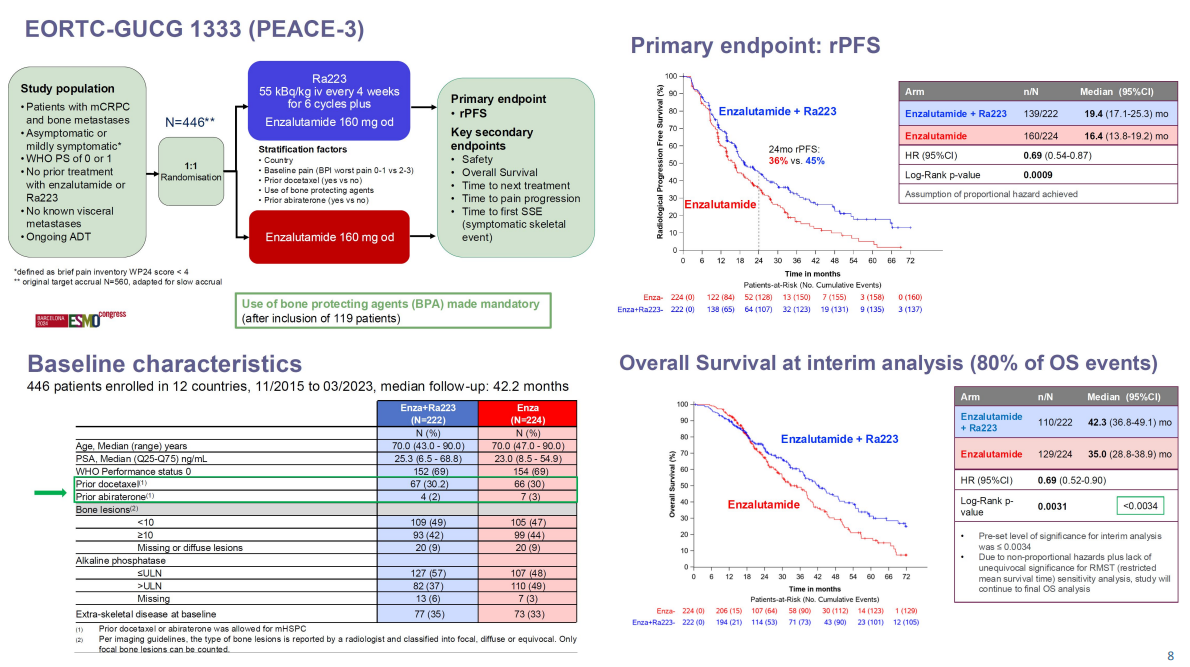
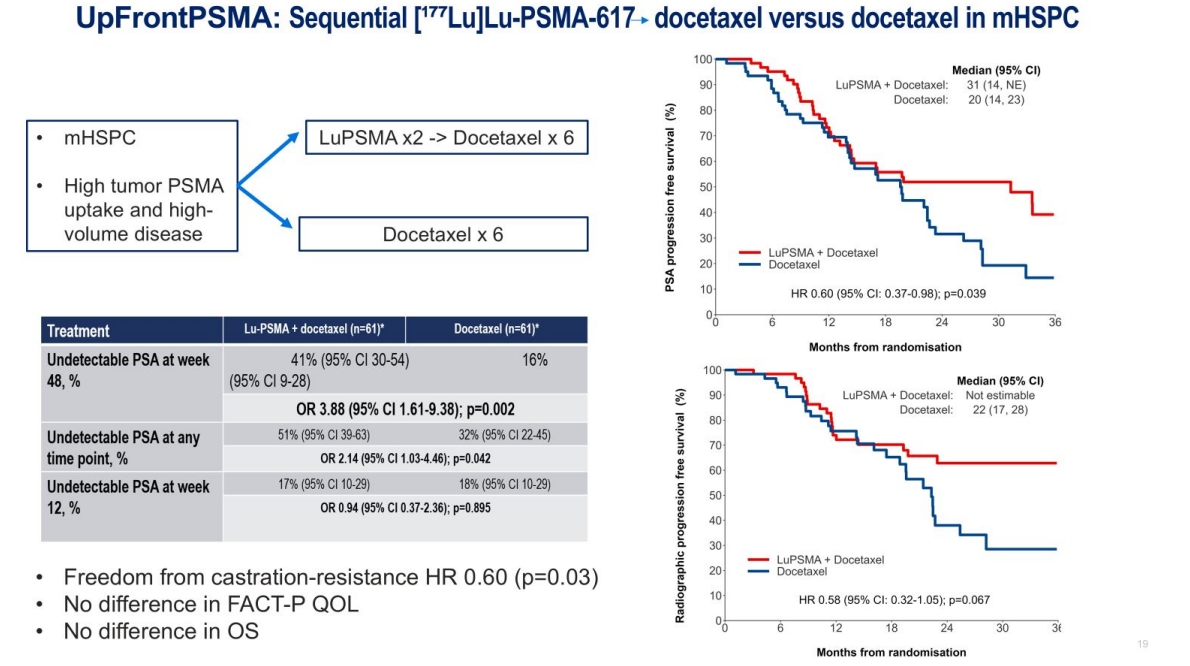
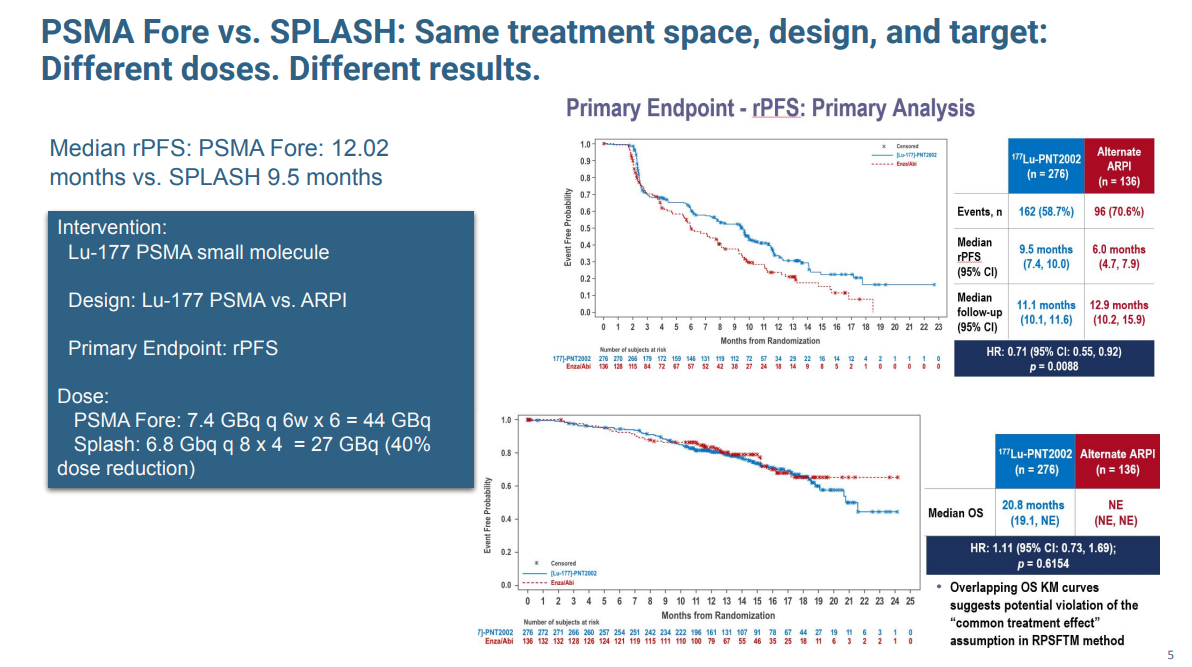
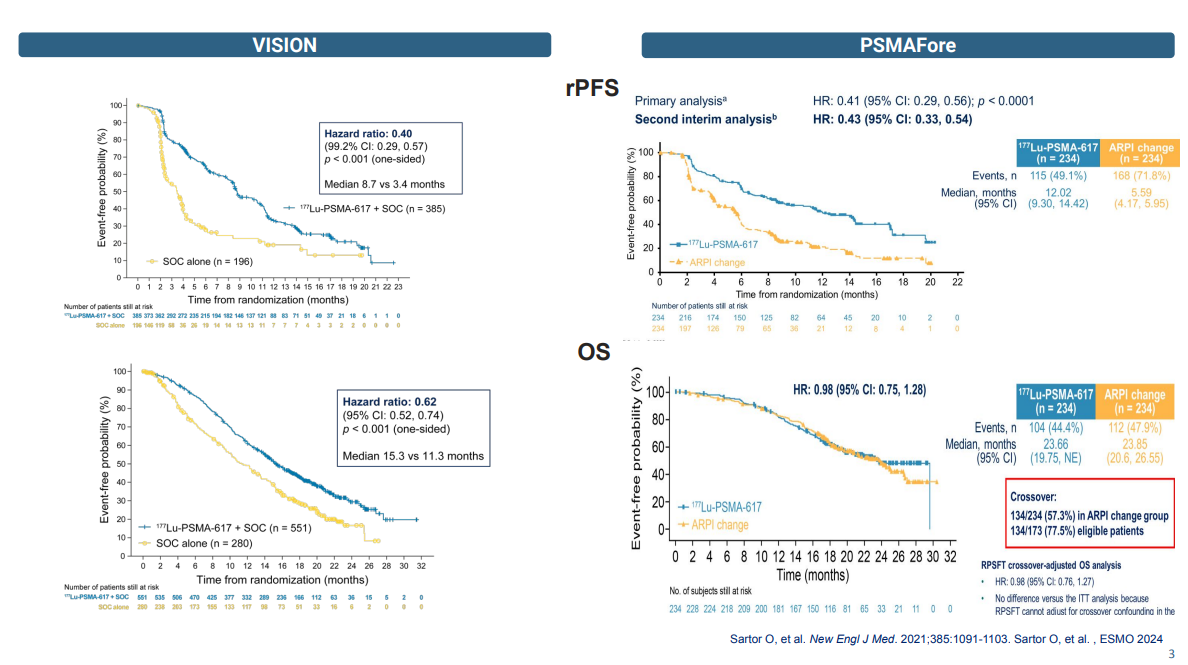
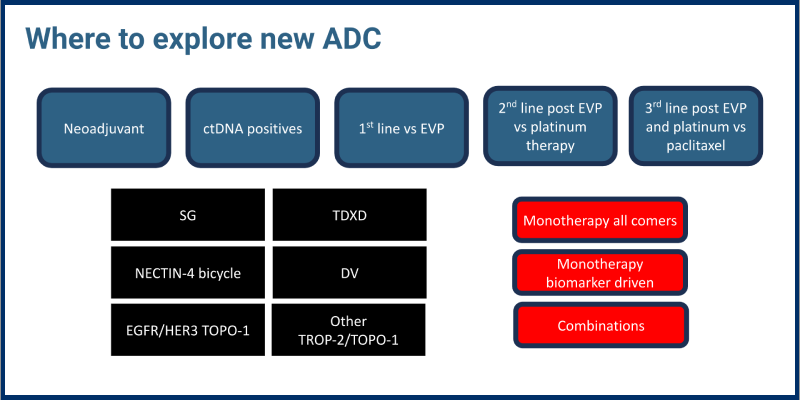
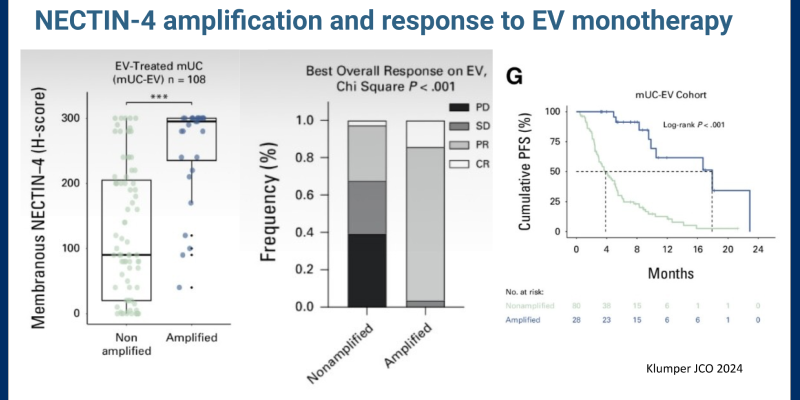
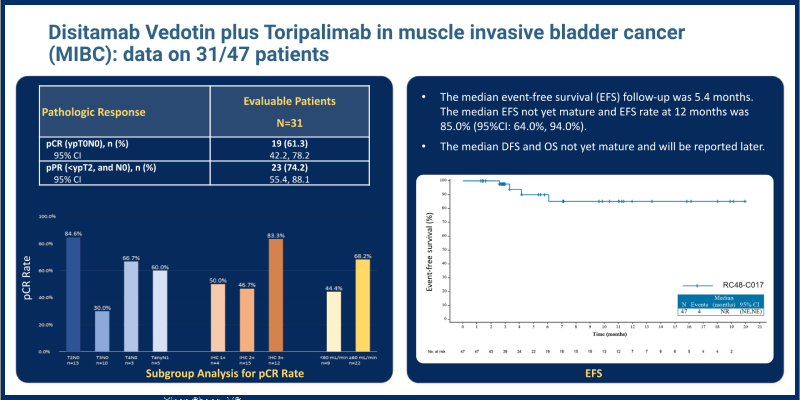
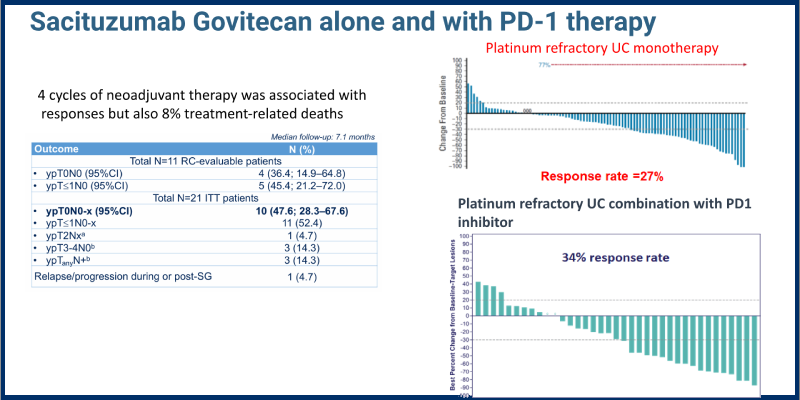
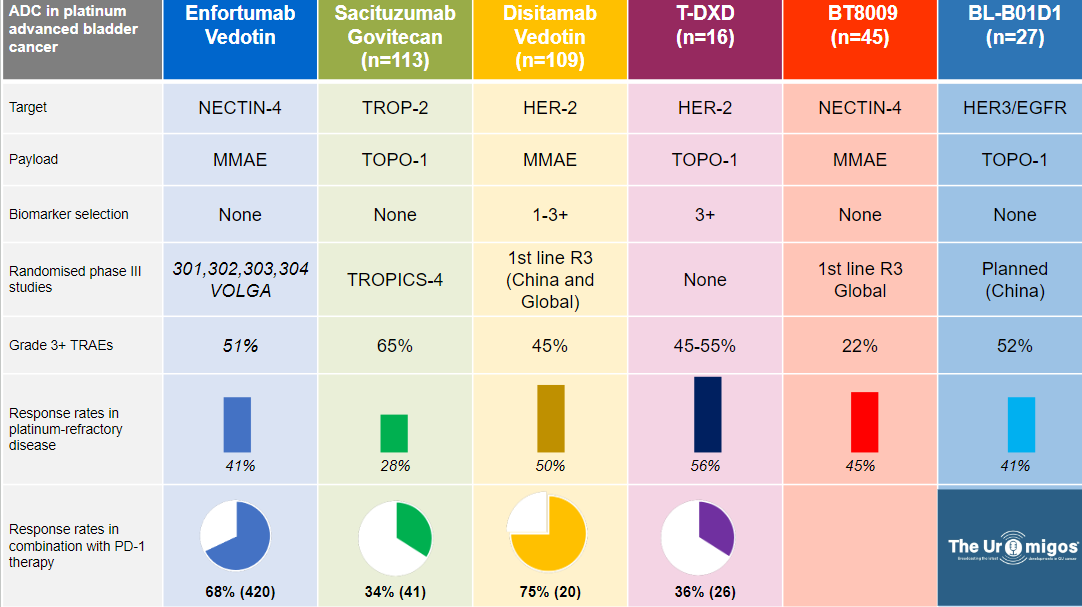
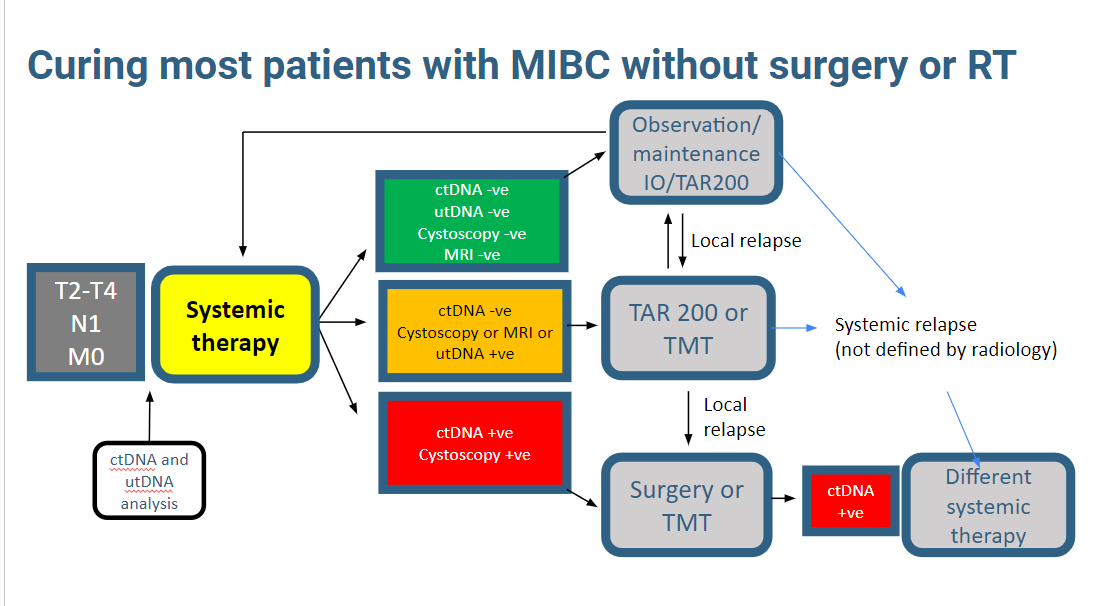

 © 2025 Mashup Media, LLC, a Formedics Property. All Rights Reserved.
© 2025 Mashup Media, LLC, a Formedics Property. All Rights Reserved.